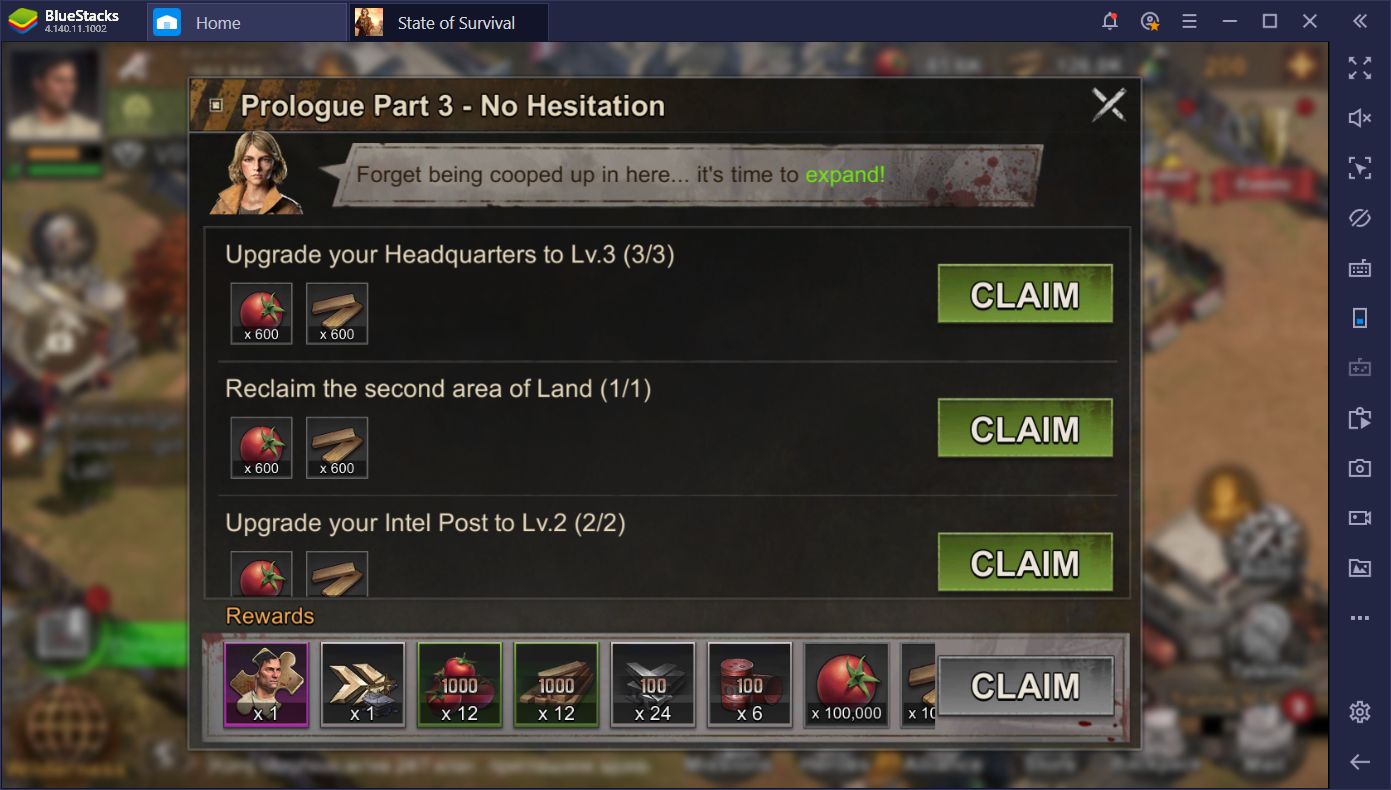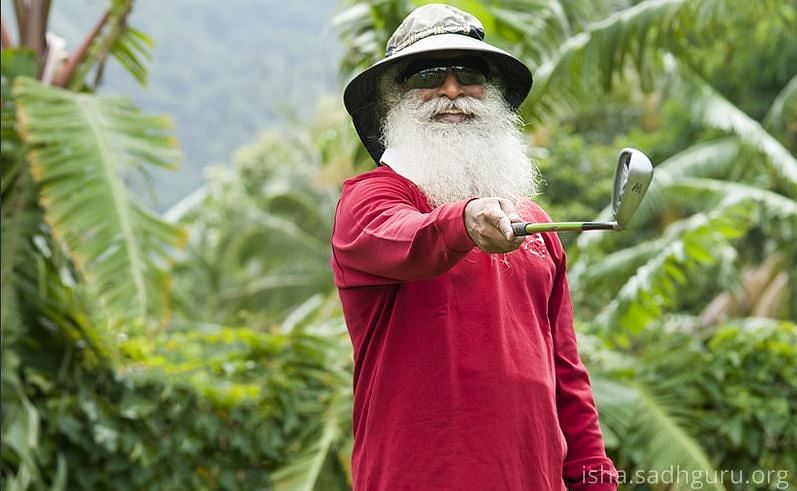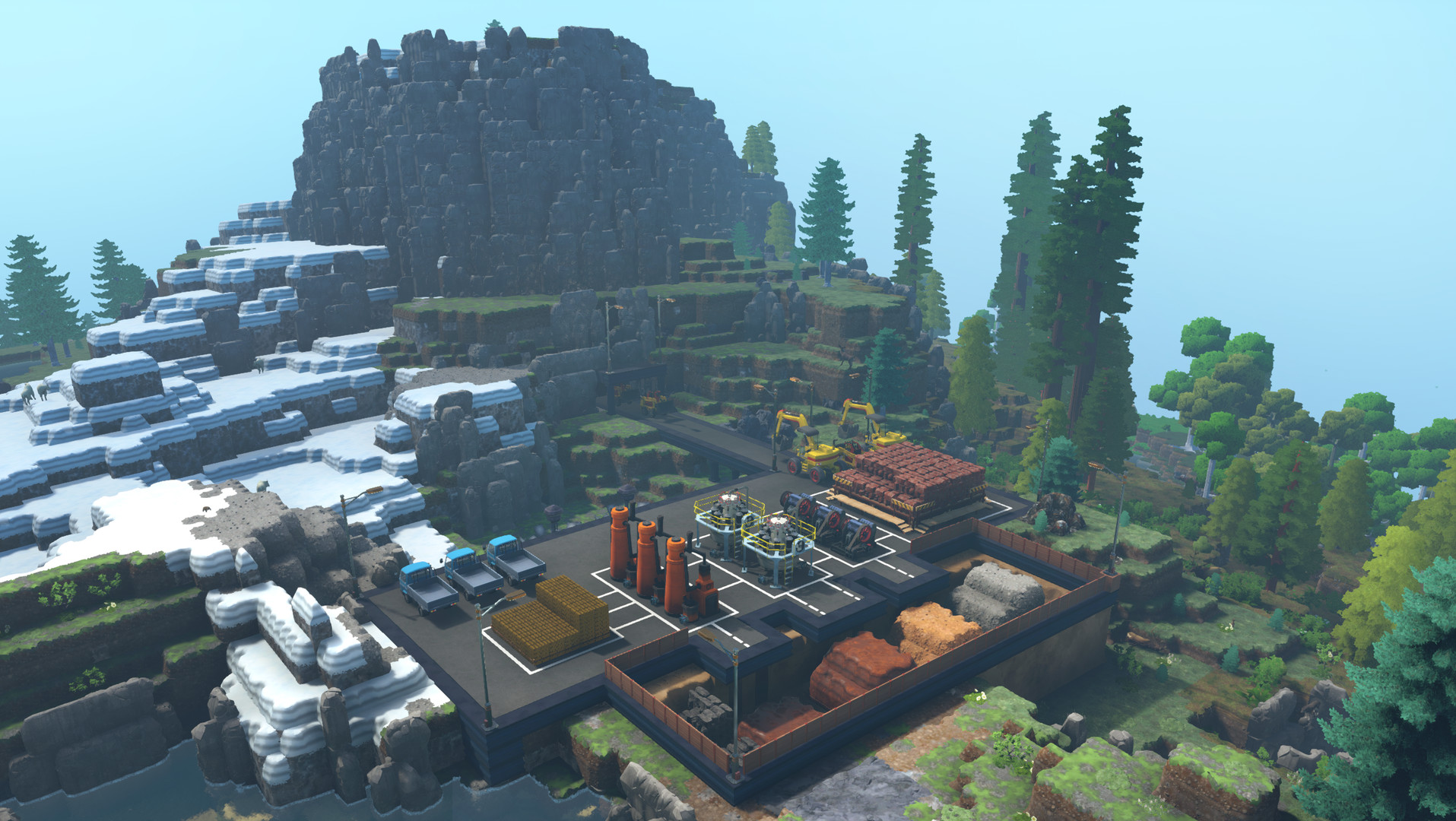

However, in many conservation zones, the apparent “wilderness” is partly a stage set, where water holes are specially dug near hotels to attract game, land is cleared to create vistas for tourists, and fences, roads, hotels, camps, airstrips, study centers, and parking zones etc. Since time immemorial they have practiced this themselves: For example, banning or restricting hunting in some places. Preventing certain human activities in some areas is normal, and is likely to be supported by tribal peoples. Far from being devoid of human influence, the world’s most famous “wildernesses” – including Yosemite, Yellowstone, and the Serengeti – were home to tribal people, who were violently evicted when their lands were turned into national parks geared towards mass tourism and its businesses.īut at least these areas are now protected, aren’t they? Many of the benefits of this “shaping” are only now being realized: for example, the deliberate and regular burning of bush by Australian Aboriginals increased biodiversity and stopped the huge, dangerous fires which now plague that continent. Nearly all conservation zones are in fact the ancestral lands of tribal peoples, who have been dependent on, and shaped, managed and controlled them for millennia.


It’s invariably claimed that tribal peoples’ lands are wildernesses, but that’s wrong. To begin with – Baka and other tribes in the Congo Basin, who are routinely and seriously abused by park guards that depend on financial support from big conservation organizations, such as WWF tiger reserves in India, where tribal people are illegally evicted from their ancestral lands while fee-paying tourists are encouraged Bushmen in Botswana who are being forced off their lands supposedly to preserve game (though a diamond mine has been built there) and, more generally, the real story of the suffering which national park creation has inflicted on tribal peoples.ĭon’t you have to have conservation zones to preserve wilderness? We respond here to some frequently asked questions.īaka people, Messok Dja area © Survival International The key to its failure is that the benevolent image it presents to the public in industrialized countries is far from how it’s perceived on the ground: Locally, it’s often seen as just another form of colonialism, profiting from land grabs, invasive tourism (marketed with an “eco” label), trophy hunting, biofuel production, and even logging and mining. In its current form “conservation” often doesn’t work: it’s failing to save many environments and it’s harming people. We believe that if that can be achieved, the partnerships which will result will eventually catalyze the most significant leap forward for genuine environmental protection in history. We are embarking on a very ambitious project, to press conservationists to finally abide by international standards on human rights and tribal peoples. We know tribal peoples are better at looking after their environment than anyone else. Tribal peoples’ lives and lands are being destroyed by the conservation industry, tourism and big business. Many conservation organizations now have more “tribal friendly” policies on paper, but these rarely reflect the reality on the ground, where conservation remains responsible for serious human rights violations. This has included preventing local people hunting for food in order to conserve game for sport or trophy hunters.

Since its inception, “conservation” has pitted itself against tribal peoples, largely through taking their lands and forbidding their subsistence activities. Your questions about Survival’s campaign answered. A player-run economy, technology and research, and even server-set options for world-ending scenarios like a meteor strike are also planned.Why conservation needs to change: an FAQ about Survival's campaign It's apparently even possible to wipe out the entire food chain, resulting in "server-wide perma-death," which is why the game will also provide tools of governance that will enable players to propose, debate, and vote on laws that will affect everyone on the server. Resources must be gathered and used to survive and prosper, but unlike other games in the genre, every resource taken impacts the environment, "and without careful planning and understanding of the ecosystem, lands can become deforested and polluted, habitats destroyed, and species left extinct." Things get complicated when humans-which is to say, players-get involved. "The world of Eco will be home to a population of thousands of simulated plants and animals, each living out their lives on a server running 24 hours a day, growing, feeding and reproducing, with their existence highly dependent on other species," the Kickstarter pitch states.


 0 kommentar(er)
0 kommentar(er)
